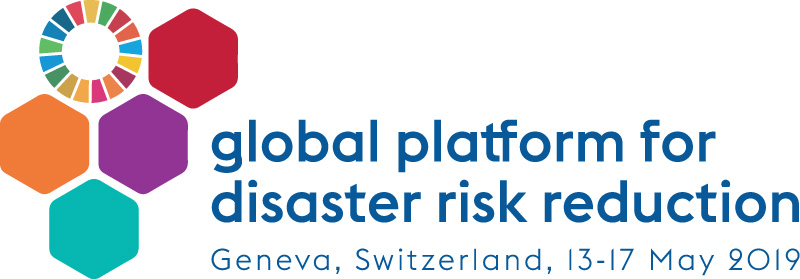New Approaches for Disaster Risk Finance
View map
- Organizer(s)
- United Nations University Institute of Environment and Human Security (UNU-EHS)
- Contact
- Maxime Souvignet (souvignet@ehs.unu.edu)
The increasing frequency and intensity of climate-related disasters have generated a broad range of impacts on all parts of society, including loss of lives and damage to public and private infrastructure. An Integrated Climate Risk Management (ICRM) approach offers a holistic approach to address various dimensions associated with risk assessment, risk management and the manifestation of disasters.
Well-designed DRF strategies help to ensure that governments, businesses, society as well as humanitarian organisations have the necessary resources to better anticipate and manage the adverse consequences of climate-related disasters at the time and scale needed. An important feature of DRF is its potential to provide financial incentives for risk prevention, risk reduction, disaster preparedness and anticipatory action. Financing is at the core of any disaster management and determines efforts on prevention, risk reduction through early action, preparedness, response, and recovery activities. With this risk-layering approach, DRF ensures financial and economic resilience.
Various organisations and initiatives such as the InsuResilience Global Partnership, the Munich Climate Insurance Initiative (MCII), Deutsche Gesellschaft für Internationale Zusammenarbeit (GIZ), the World Food Programme (WFP), the International Federation of Red Cross (IFRC), the World Meteorological Organisation (WMO), University of Southern Queensland (USQ), the International Labour Organization (ILO), Mercy Corps, the Nature Conservancy (TNC) and more will come together in a collective effort to showcase DRF approaches in their respective fields.
We intend to inspire ambitious thinking and action needed to manage climate change risks by giving attendees a fun and exciting experience when entering our booth. As a contributor to the Innovation Platform, we will make use of all kinds of different media such as virtual and board games to allow participants to learn about the complexities inherent in risk management decisions. Short but captivating videos that capture the audience attention on the topic of DRF will be shown. Demonstration of working tools and platforms that are open access and thus affordable for all, as well as live performances and experts talks. Audience members will be able to check “their own resilience” by testing a Resilience Measurement Tool, which highlights critical financial capacities, among other areas. Experts from all around the world will be ready to answer the audience questions about risk transfer solutions via the platform Risk Talk. There will be posters on display on practical innovative and lessons learnt in the implementation of different kinds of DRF.
Ultimately, we want the Disaster Risk Reduction community to get involved, share experiences and contribute to the ongoing debate of the role of DRF within in an ICRM approach to strengthen resilience and reduce disaster risk.
-
PDF, 1.11 MB
-
PDF, 515.12 KB
-
PDF, 433.50 KB
